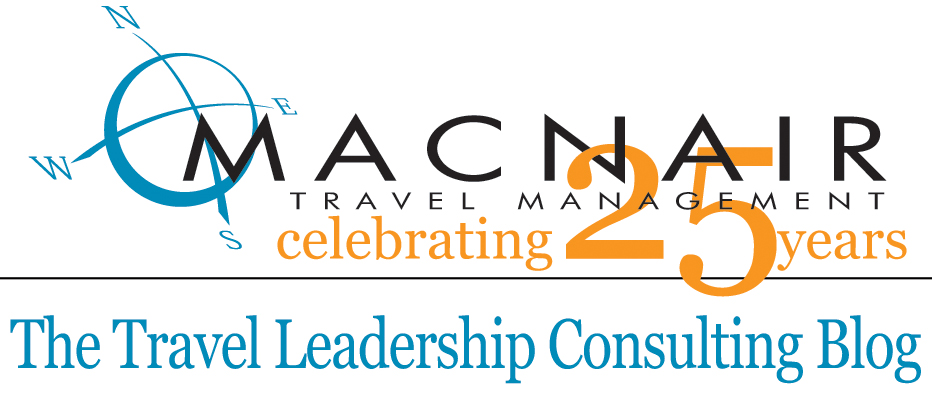What is ethical when it
comes to using company paid expenses to enhance personal gains? What is ethical
when it comes to taking personal gains when negotiating with suppliers? Company
culture, standards, policies, training, HR, and legal responsibilities come
into play when establishing policies on items like this - and travel is no
exception.
The government asks its
contractors to report any gains a company may get from suppliers for expenses
paid for by the government. It wants to be aware. In a recent article from PCMA’s Convene Magazine,
ethics was discussed in regard to what a meeting planner should and should not
accept when in negotiation with hotels while planning a major event. It also
suggested that policies on such matters should be clear and in writing.
Do these ethics and your
culture get considered when booking travel? Are these standards in writing? It
may seem insignificant to you that a traveler wants to go to their favorite
website to book travel to maximize miles and influence, use their personal card
for these charges to also gain miles and influence (while slowing down the
expense process), and the same with their hotel and car expenses regardless of
what is in the greater good of the company paying for these expenses. The cost
of these items is significant when your company purchases many trips if
complete travel anarchy is in place. Plus, there is a want to find out the
impact.
Here are a few keys here
that are important to consider:
- Some of this influence is important and should be respected as travel is hard on road warriors. Business travel should respect the company and traveler.
- There are surely thresholds under which would want to let employees make the call to support their preferred supplier and over which approval should be sought.
- If you have preferred suppliers as a company, make sure people support them and explain why it is important to do so.
- The extra time it may take to process expenses or make changes or support the traveler in case of emergency should be considered.
- Your policy should address what is ethical and in the best interest of the company and why and people should be trained to it.
- Travel should be booked in one place so you can monitor adherence and justify or quantify the decisions made.
- This process and these policies should follow your culture, should comply with other HR functions, should consider what business you are in, and should be run by legal.
If before you know it,
anarchy in travel spread to computer purchases, health insurance, and even
office supplies, you end up with a DIFM (do it for me) versus what seems like a
simple DIY (do it yourself) philosophy.
